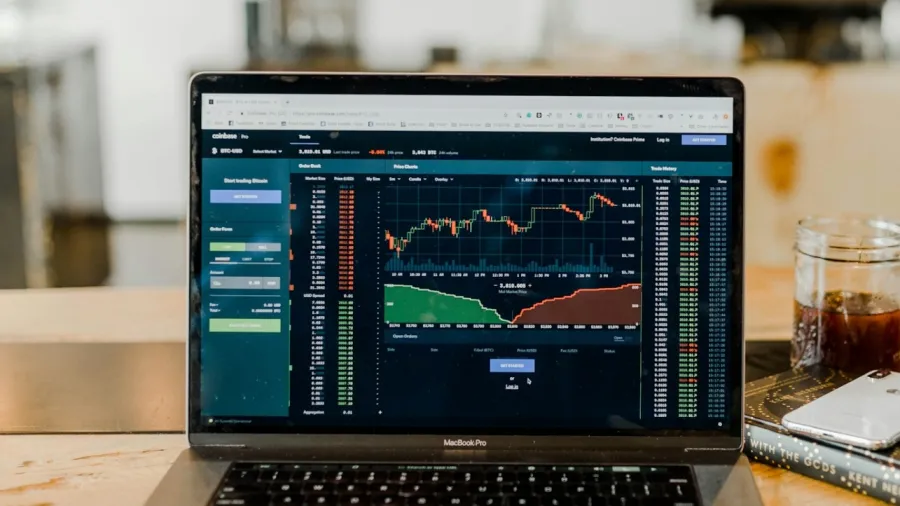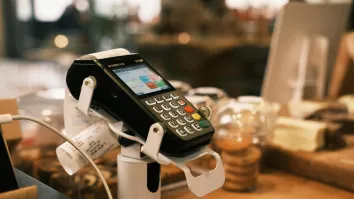
Tokenization of trade assets to bridge financing gap
Blockchain technology could decentralize finance operations and allow easier credit access.
Tokenizing trade finance assets on the blockchain may help bridge the world’s widening trade finance gap and decentralise commercial transactions from banks’ control, analysts told Asian Banking & Finance.
Tokenization, which transforms a physical trade document such as an invoice or bill of lading into a secure digital representation on the blockchain, could replace traditional trade finance processes that are often slow and susceptible to fraud, said Steven Hu, head of Digital Assets, Trade and Working Capital at Standard Chartered.
“With tokenization, we create a new distribution channel to the capital market, [and] also to the emerging digital asset market with greater efficiency and transparency, while creating a viable, brand new asset class with a stable and attractive yield,” he said in an interview.
It digitises and reduces friction in finance and trade finance distribution, said Bhriguraj Singh, chief product officer for Global Trade Solutions at HSBC. This could make banks and organisations more liquid; he pointed out.
“Tokenization has the potential to make both trade and trade finance more accessible for companies engaged in trade as well as their trade finance providers,” he told Asian Banking & Finance.
The trade finance gap — the difference between requests and approvals for financing to support imports and exports — grew to a record $2.5t in 2022 from $1.7t two years earlier, according to the Asian Development Bank (ADB).
The gap is expected to widen further as global trade hits $36.2t by 2030.
Both Hu and Singh said blockchain technology could streamline trade finance operations and allow easier access to credit.
“This will translate to a headroom of available credit to support corporates including SMEs (small and medium enterprises) to grow their business,” Hu said.
“Imagine a future where the underlying trade finance aspect is structured in a digital token that can be freely traded [to] enjoy the liquidity in the secondary markets. That will develop into a new potential business model, which is based on fees,” he added.
Rejected corporate requests for financial support to back their import or export activities disproportionately affected SMEs compared with bigger companies. In 2022, while 38% of the applications received by banks were from small businesses, a larger share of rejections (45%) involved SMEs, the ADB said in a September 2023 report.
The global COVID-19 pandemic and later, geopolitical tensions, exposed trade financing problems, including the inefficiencies of traditional paper-based systems.
“All of that has made it quite difficult for corporations and especially SMEs to get financing,” Hu said.
He said tokenization would enhance banks’ origination and distribution and make them more capital efficient. These benefits can be passed on to their client companies.
“We actually make the trade finance instruments, or even cash payment instruments smarter,” Hu said. “It also brings transparency [and] traceability that are inherited benefits of the blockchain technology.”
Companies engaged in trade tokenization can extend the benefits of supply chain finance across suppliers or cut risks by using tokenized bills of lading and tokenized deposits, Singh said.
Last month, Hong Kong’s de facto central bank launched a sandbox for wholesale central bank digital currency, with six participants showcasing projects to bring the city closer to using tokenized money to support digital asset transactions.
HSBC, one of the participants, completed trials that used the digital currency for interbank settlement under the Hong Kong Monetary Authority’s Project Ensemble platform.
Diversifying investments
Tokenization makes it easier for everyone to access trade finance assets, which traditionally were only available to financial institutions.
“It is traditionally reserved for banks,” Hu said. “With tokenization, we can open up access to a wider, broader range of investors, and that investor could be different from how we imagine an investor today, like an asset manager.”
Tokenization could also help a company that is looking for untapped opportunities and that may be interested in investing in certain markets without a business blueprint, Hu said.
Blockchain technology could help diversify investments, he added. “We have seen that emerging markets can be an attractive way for diversification,” Hu said.
But the lack of local expertise and an effective distribution network, not to mention the manual processes involved, has prevented investors from capitalising on these opportunities, he pointed out.
Tokenizing trade finance assets not only expands a company’s target market but also helps banks to boost earnings and optimise their capital structure.
Without it, it could take days for a company trying to buy US securities to transfer cash. With blockchain, ownership is transferred nearly instantaneously, PwC US partner John Oliver and US digital asset leader Matthew Blumenfeld said in a report in March.
“You can transfer ownership of currencies or securities on a blockchain and put those assets to work, nearly instantaneously, all within the same preset workflow,” they said.
A country may have to set up a legal mechanism to ensure that token holders are protected from someone else who may try to claim ownership of their tokens, Hu said. Regulatory clarity would also help.
Regulatory consistency across different markets is also needed before trade finance assets can be tokenized.
In Singapore, investment tokens are likely to be categorised as traditional securities, but there may be nuances in other economies, Hu said.
“For example, issuing, trading, and settling security tokens on EU- or UK-regulated trading venues are currently not permitted,” he said. “So, there's still a consistent effort that is required.”



















 Advertise
Advertise












